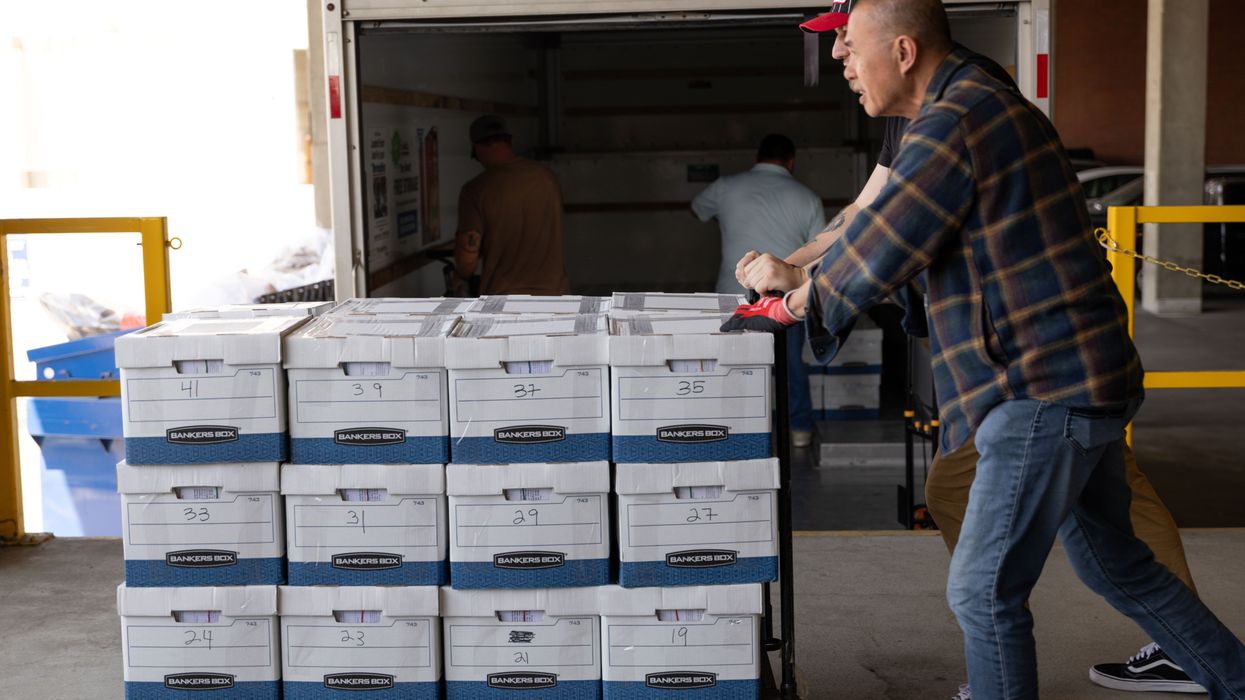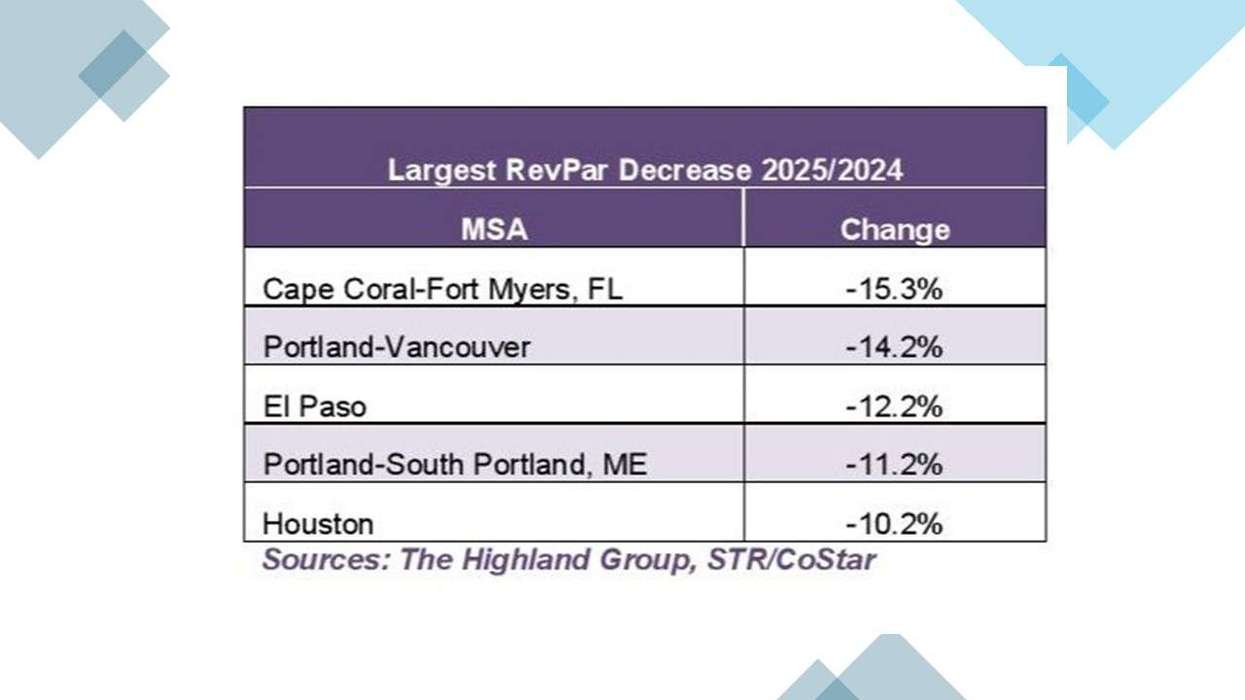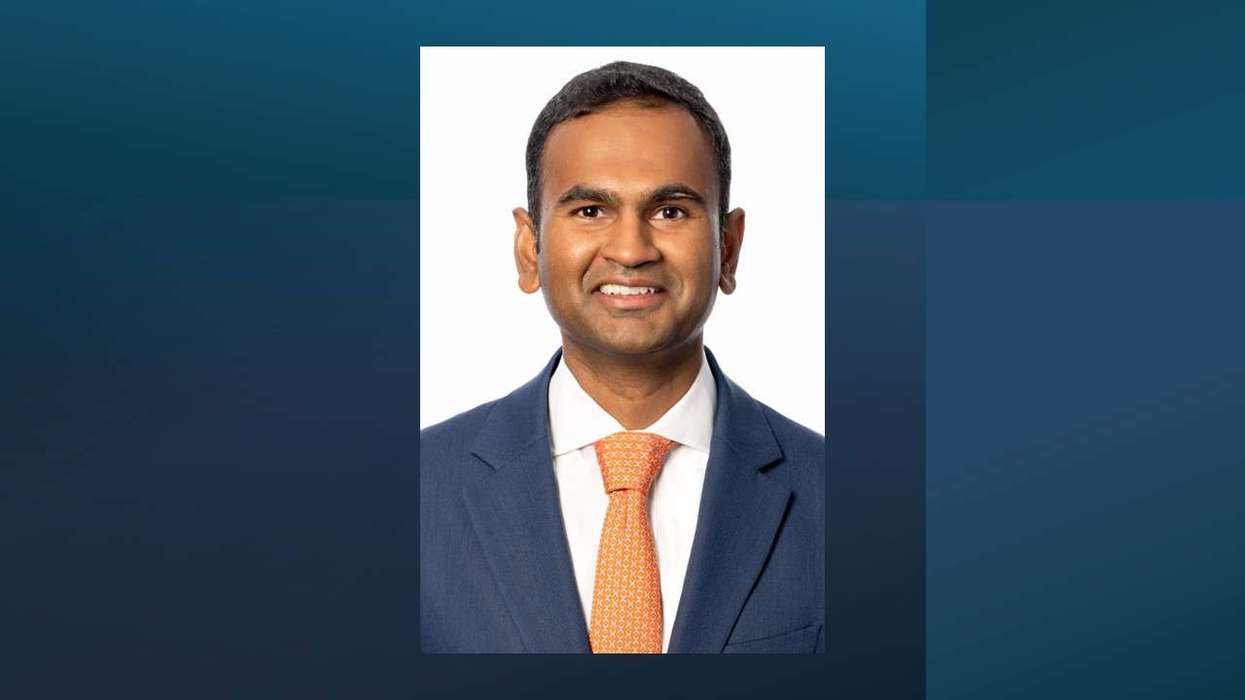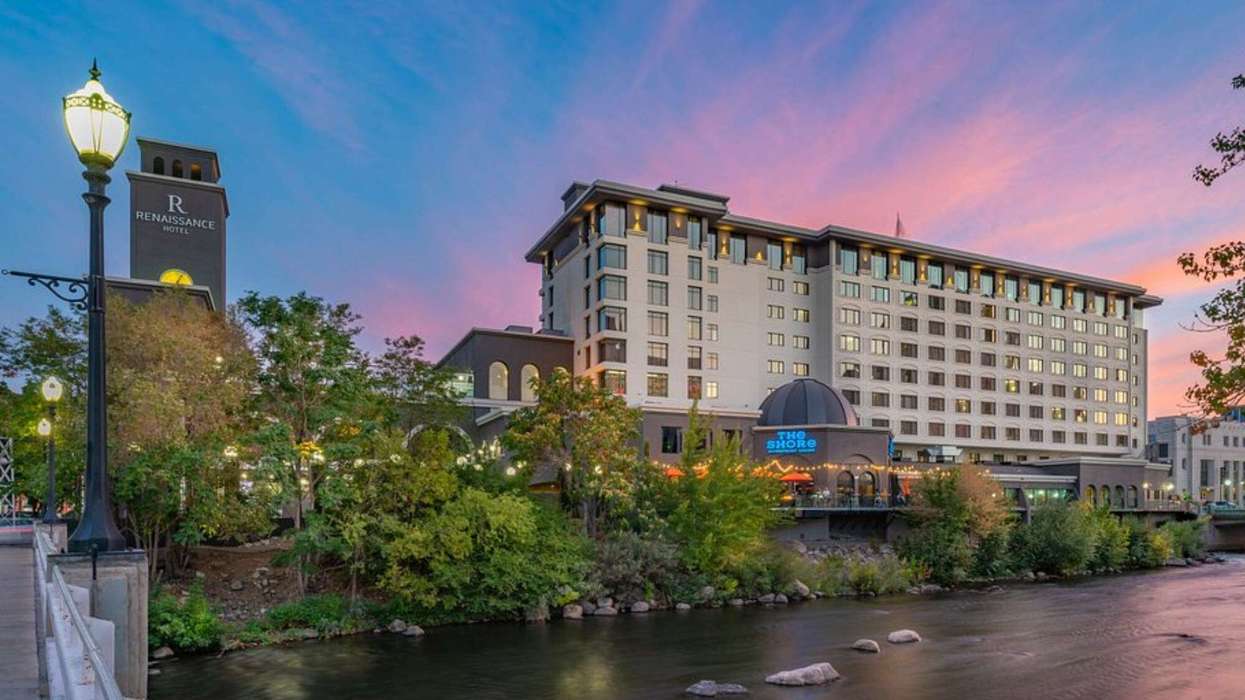- More than 140,000 in L.A. urged a June 2026 vote on the wage ordinance to protect jobs.
- L.A. tourism already pays among the highest wages; the ordinance could cut nearly 15,000 jobs.
- “Los Angeles residents have spoken—they want a say on this wage ordinance,” said Rosanna Maietta, president and CEO of the American Hotel & Lodging Association.
THE L.A. ALLIANCE for Tourism, Jobs and Progress submitted more than 140,000 signatures opposing the Los Angeles tourism wage ordinance, triggering a June 2026 repeal vote backed by airlines, hotels and concession businesses. Meanwhile, a poll from the Center for Union Facts shows some L.A. voters, including union households, believe the $30 minimum wage for hotel and airport workers will lead to job losses and higher costs.
The wage hike, approved by the L.A. City Council in May, faces a referendum challenge, while UNITE HERE Local 11 fights to defend it. The Alliance, a coalition of local hospitality and tourism groups, is asking officials to ensure a full and timely count of all signatures.
“The Olympic Wage ordinance threatens the existence of small businesses like ours," said Gregory Plummer, Alliance member and CEO and managing partner of Concord Collective. "This isn't just a challenge for employers—it's a risk to the jobs of the workers this ordinance is meant to help.”
The Los Angeles tourism industry already pays among the highest wages in the country and economic analyses estimate the ordinance could result in nearly 15,000 job losses, the Alliance said in a statement. Combined with reduced travel demand, the ordinance puts the tourism sector at risk.
Mark Beccaria, partner at Hotel Angeleno in West Los Angeles, said hotels support both tourism and local workers and their families.
“These new regulations will force many of us to fight to keep our businesses alive, putting thousands of jobs and livelihoods in jeopardy,” he said. “My hotel is a family-owned business. We have been an economic driver for the community. Our hope is to keep our doors open and survive this challenge for the next generation.”
Los Angeles residents want a chance to weigh in on the wage ordinance, said Rosanna Maietta, president and CEO of the American Hotel & Lodging Association.
“The travel and hospitality industry in Los Angeles is still recovering after being decimated by challenges and emergencies,” Maietta said. “We call on the county to respect the democratic process and swiftly and transparently count our signatures and certify the referendum.”
Poll: Job losses loom
A poll by the Center for Union Facts, conducted June 17 to 22 among 507 registered voters in Los Angeles County, found that 54 percent believe the $30 minimum wage will lead to job losses in the hotel industry, including 55 percent of voters in union households. In total, 91 percent said the increase would raise lodging costs for consumers. Respondents also said the policy could affect the city's ability to attract tourism during the 2028 Olympic and Paralympic Games.
“Despite repeated efforts, the city ignored the voices of small businesses who shared, again and again, their struggles to survive in a post-pandemic economy,” said Maria Salinas, president and CEO of the Los Angeles Chamber of Commerce. “I join small businesses united in protecting jobs and the tourism economy that supports more than half a million jobs throughout the city.”
Alec Mesropian, advocacy manager for BizFed, said thousands of Angelenos have warned the wage hike will force small businesses to close, cost up to 15,000 jobs and cut $169 million in tax revenue—yet those concerns have been ignored.
“We’re not against fair pay, but pushing a nearly 60 percent increase without a sustainable plan puts livelihoods, businesses and L.A.’s tourism economy at risk,” he said. “That’s why we’re standing up for workers, employers and the guests who depend on a stable tourism industry.”
“Angelenos deserve a say on policies that could jeopardize jobs, the economy and the city’s ability to deliver services,” said Nella McOsker, president and CEO of the Central City Association. “Amid a budget crisis and declining hotel and sales tax collections, now is not the time to weaken revenue sources or an industry that employs tens of thousands.”
“The tourism wage is economic self-destruction—closing businesses, killing 15,000 jobs and cutting $169 million in tax revenue at a time when the city is struggling to keep streetlights on,” said Stuart Waldman, president of the Valley Industry & Commerce Association. “If the city wants to cause a financial meltdown, the least it can do is let taxpayers vote.”
In May, the L.A. City Council approved a wage ordinance requiring hotels with more than 60 rooms and LAX businesses to pay $30 an hour by 2028, despite concerns over declining international travel. AHLA urged the council to veto the measure, warning it could affect the city’s tourism.






